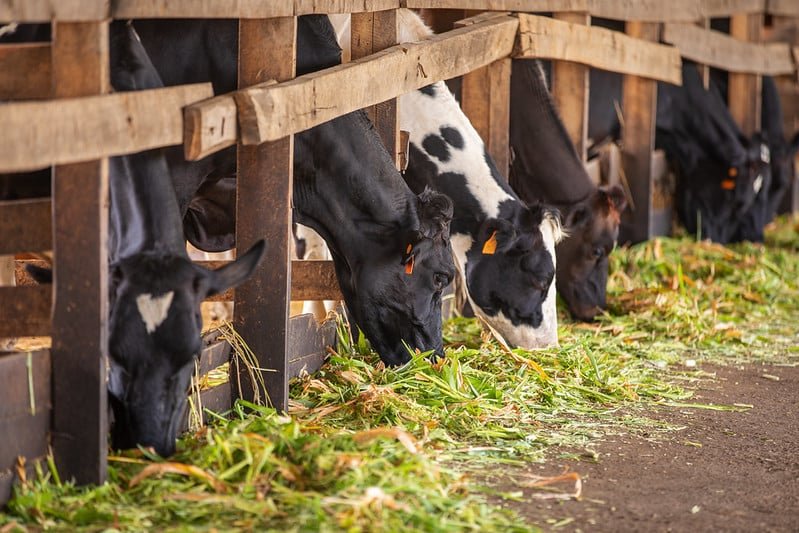Farmers in Nyagatare District, Rwanda, are calling for a significant increase in milk prices to cover rising costs of animal feed and farm maintenance. Kashugera Faustin, a farmer from Ndama Cell, expressed dissatisfaction with the current price of 400 Rwandan Francs (RWF) per liter, despite an increase from the previous 320 RWF.
“I cannot celebrate this price change because it’s still too low compared to our expenses,” said Faustin. “Without better support, farmers will abandon dairy farming.”
Faustin suggested raising the price to at least 500 RWF per liter, arguing that higher earnings would enable farmers to invest more in quality feed, leading to better milk yields. He shared his experience of reducing daily milk deliveries from 600 liters to 390 liters due to the high cost of feed.
Other farmers, such as those in Rwempasha Sector, echoed these concerns. Rising feed prices have forced many to rely on grass alone, which has negatively impacted milk production.
Progress in Milk Collection
Nyagatare farmers currently supply 90,000 liters of milk daily to Inyange Industries, a dairy processor. The company has begun collecting evening milk, which previously went to waste. However, only 11 out of 15 cooperatives in the district deliver evening milk due to limited cooling equipment.
Kayitare Godfrey, head of the district’s dairy cooperative union, confirmed that Inyange now accepts milk without pre-cooling, solving a major logistical issue. To further improve milk preservation, Rwanda’s Ministry of Agriculture and Animal Resources (MINAGRI) will provide 22 additional cooling tanks this month, supplementing the existing capacity of 95,000 liters.
By March, more equipment is expected to address storage challenges fully. Kayitare believes these developments will help farmers maximize income from both morning and evening milk deliveries.
Supporting Farmers Through Loans
Inyange Industries has also partnered with NCBA Bank to offer loans to farmers at a 9% interest rate. These loans aim to improve dairy farming infrastructure, such as barns and cooling equipment, and to help farmers purchase high-yield cows.
The district recently inaugurated a powdered milk processing plant requiring 650,000 liters of milk daily. While powdered milk production has started, its availability in local markets remains unclear, as Inyange’s CEO, James Biseruka, was unavailable for comment.
Despite price increases over the past year, farmers insist that the current rate still falls short of their needs.

